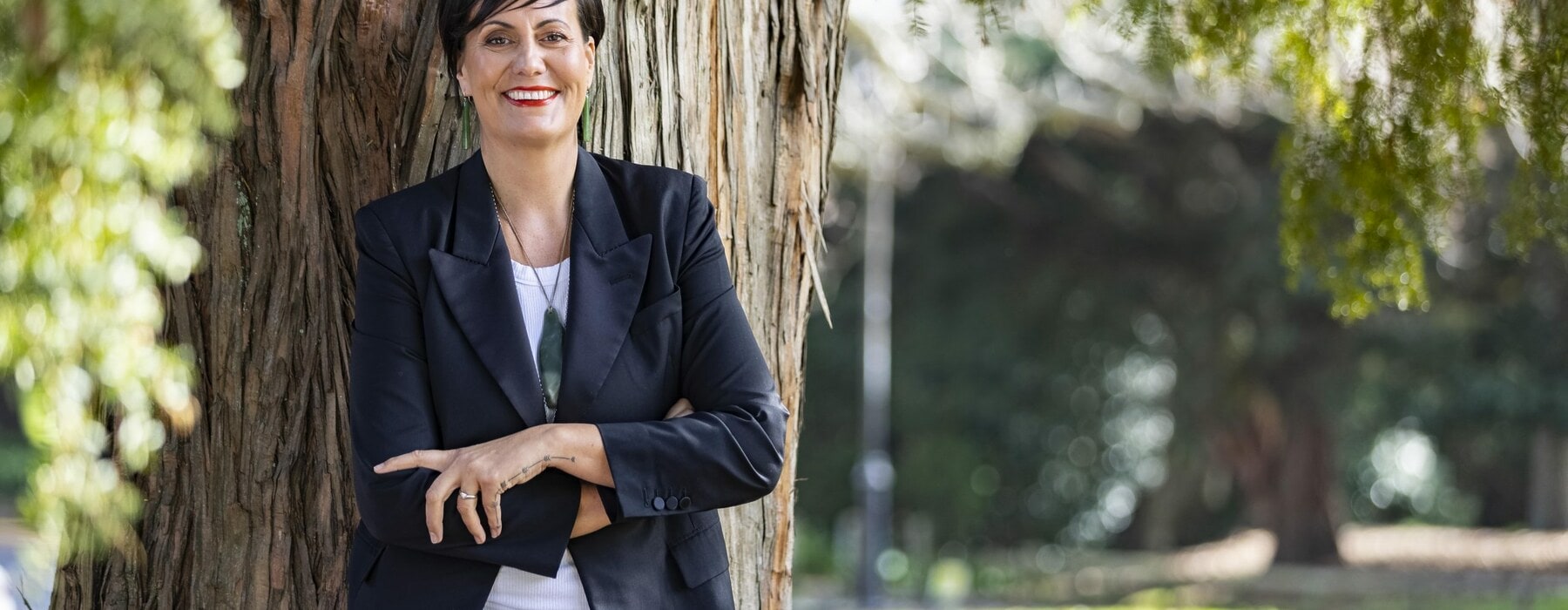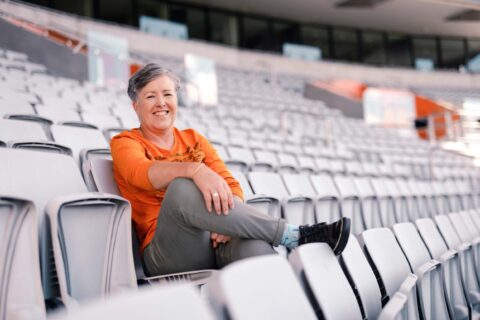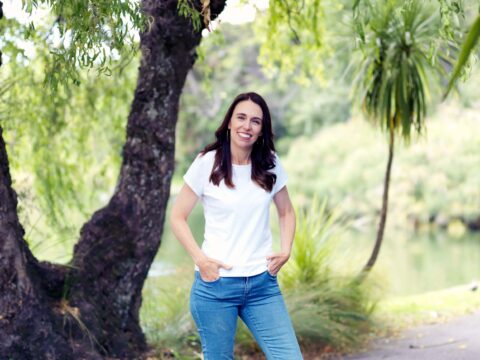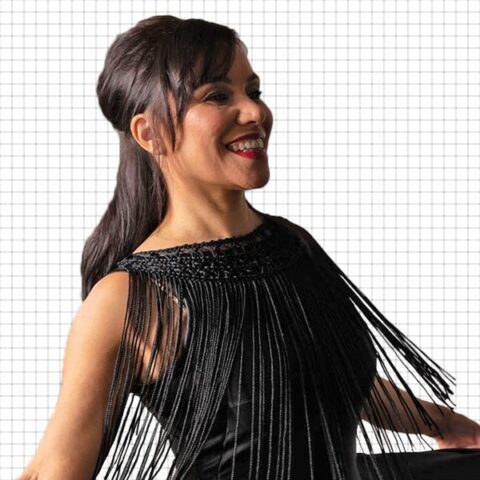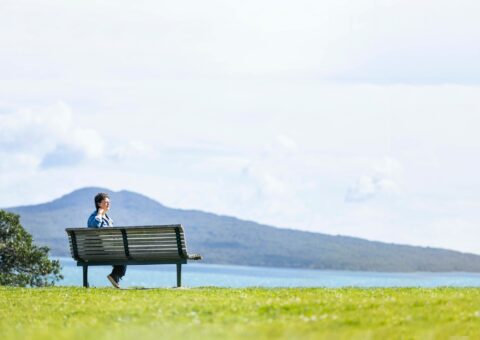CEO Rachel Taulelei talks to Sophie Neville about the importance of whānau and whenua, and what it means to be a unicorn in the boardroom.
Rachel Taulelei has sat around many boardroom tables in her time. Very often, she’s the only woman. Almost always, she’s the only Māori person. And pretty much without exception, she’s the only wahine Māori. It may sound lonely, but that singularity is what makes her like a unicorn, she says with a laugh as she sits down with Woman.
“A unicorn?” we ask.
“As a Māori woman, either at a board table, or in a start-up or whatever, there’s no getting away from that feeling that one thing is not like the others and, like a unicorn, you’re kind of rare and mythical,” she explains. “But being different is what makes you stand out. You can choose to fold and retreat because you’re not like the others, or you can recognise the opportunity and use it to your advantage. Being the same is just that, so you can run with your difference and really shine with it.”
And shine she has. Lower Hutt-born and bred, Rachel’s list of accomplishments is as long as it is impressive. After eight years as US Trade Commissioner, where she helped sell New Zealand produce to the world, she returned home to Wellington in 2006 (with her husband Walter and their daughter Lilly, now 16) and established Yellow Brick Road, a sustainable fishing company. It was a ballsy move for a young woman who knew little back then about fishing, but one that paid off. She later sold the company to Kono, a top 100 Māori food and beverage company, at the same time taking the reins as Kono’s CEO.
As well as helming the unique whānau-owned business, she’s also chair of New Zealand’s APEC Business Advisory Council, has received the Sir Peter Blake Leadership Award and is a Member of the New Zealand Order of Merit for services to food and hospitality. In 2018, she was named Māori Woman Business Leader at the prestigious University of Auckland Aotearoa Māori Business Leaders Awards, and she sits on the Prime Minister’s Business Advisory Council.
If that weren’t enough, her governance experience includes Moana NZ, the Wellington Regional Stadium Trust, New Zealand Wine Growers, Aquaculture New Zealand, NZ Hops, the Young Enterprise Trust, and the Sir Peter Blake Trust. Most recently, she was appointed to The Warehouse Group board of directors. It’s a lot, she says, cheerfully admitting that “work-life balance is a bit of myth” for her at the moment.
The 46-year-old, whose mum is Pākehā and dad Māori, splits her time between her home in Wellington and the Kono head office in Nelson, with a fair bit of time in Auckland, too – as well as Kono sites that stretch from Blenheim to Golden Bay. Despite the intense schedule, Rachel (Ngāti Raukawa, Ngāti Rārua, Ngāti Koata) says she’s right where she wants to be, at the helm of Kono, a business that’s “unapologetically Māori”.
“I think my background prepared me for this role. The universe led me into it, a lot of things have come together and I love Kono. There’s nothing I would change about this role for the world.”
Based at the top of the South Island, Kono farms more than 1000ha of land and sea, and exports its products to more than 25 countries. Owned by Wakatū Incorporation, its brands include Tohu, Kono and Aronui wines, Tutū Cider, Kono mussels, Kiwa Oysters and Annies. It also grows apples, pears, kiwifruit and hops, and has sustainable fishing covered with Yellow Brick Road.
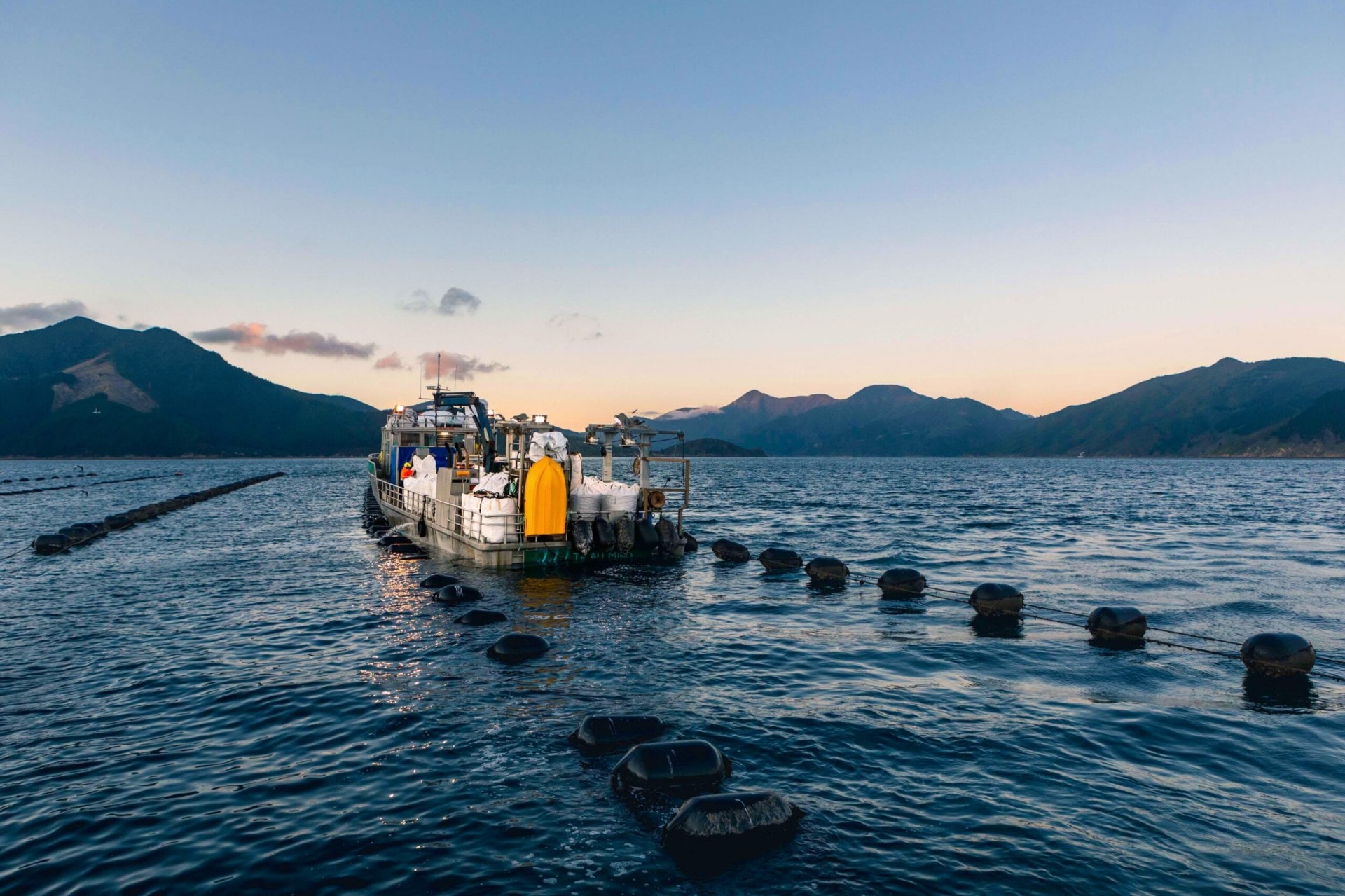
Kono’s shareholders are the 4000 whānau who whakapapa to Ngāti Koata, Ngāti Rārua, Ngāti Tama and Te Ātiawa. Running Kono is more than a job for Rachel as her own great-great-grandfather was one of the traditional landowners in Te Tauihu, which makes her part of the ownership structure of Wakatū and puts the company incredibly close to her heart.
“You can’t escape the fact we’re a demonstrably Māori business and we have a very te ao Māori way of doing things. We welcome everyone who joins us with a mihi whakatau, we have a 500-year intergenerational plan, which guides everything we do, and everything always relates to whakapapa, to whānau and to whakawhanaungatanga [building connections and relationships]. It’s about kaitiaki, looking after people and the whenua, and doing good for our whānau. Everything we do is with our whānau owners in mind and we want them to be proud of us.”
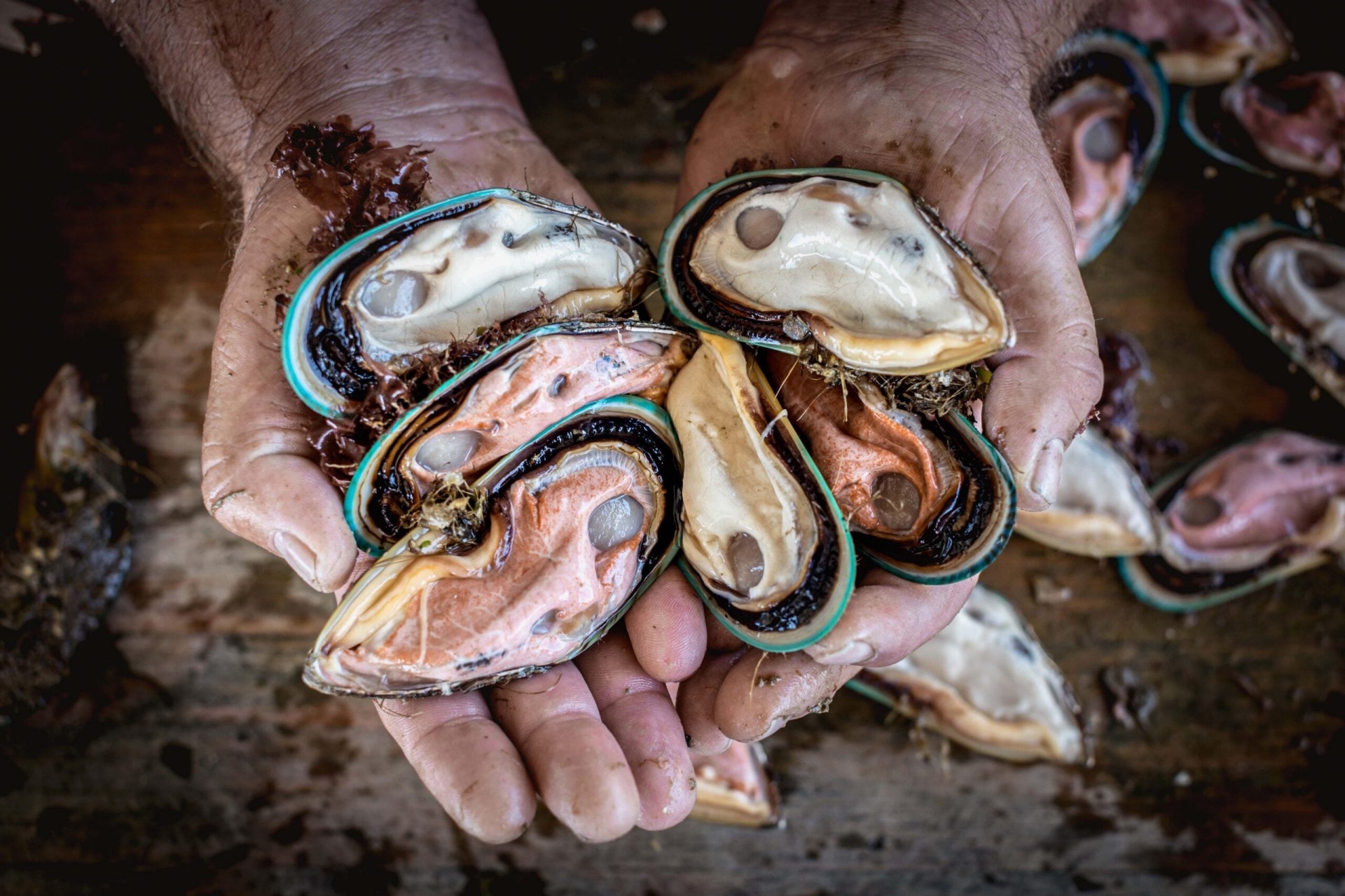
She says that as well as commercial success, Kono is equally focused on building a strong future for generations of its whānau to come.
“One of the beautiful things is the benefit of collective thought. Yes, we have to make money, but sometimes, you have to say, ‘Forget dollars and cents here for a moment, what is the right thing to do? For the people, the land, our owners.’”
Sometimes, you have to say, ‘Forget dollars and cents here for a moment. What is the right thing to do?’
Matariki is a particularly special time for Rachel, with virtually the entire Kono workforce (close to 400 people) clocking off and gathering at the Tohu winery in Marlborough’s Awatere Valley, and another 150 at Te Āwhina Marae in Motueka. It’s a time for reflection and appreciation, she says.
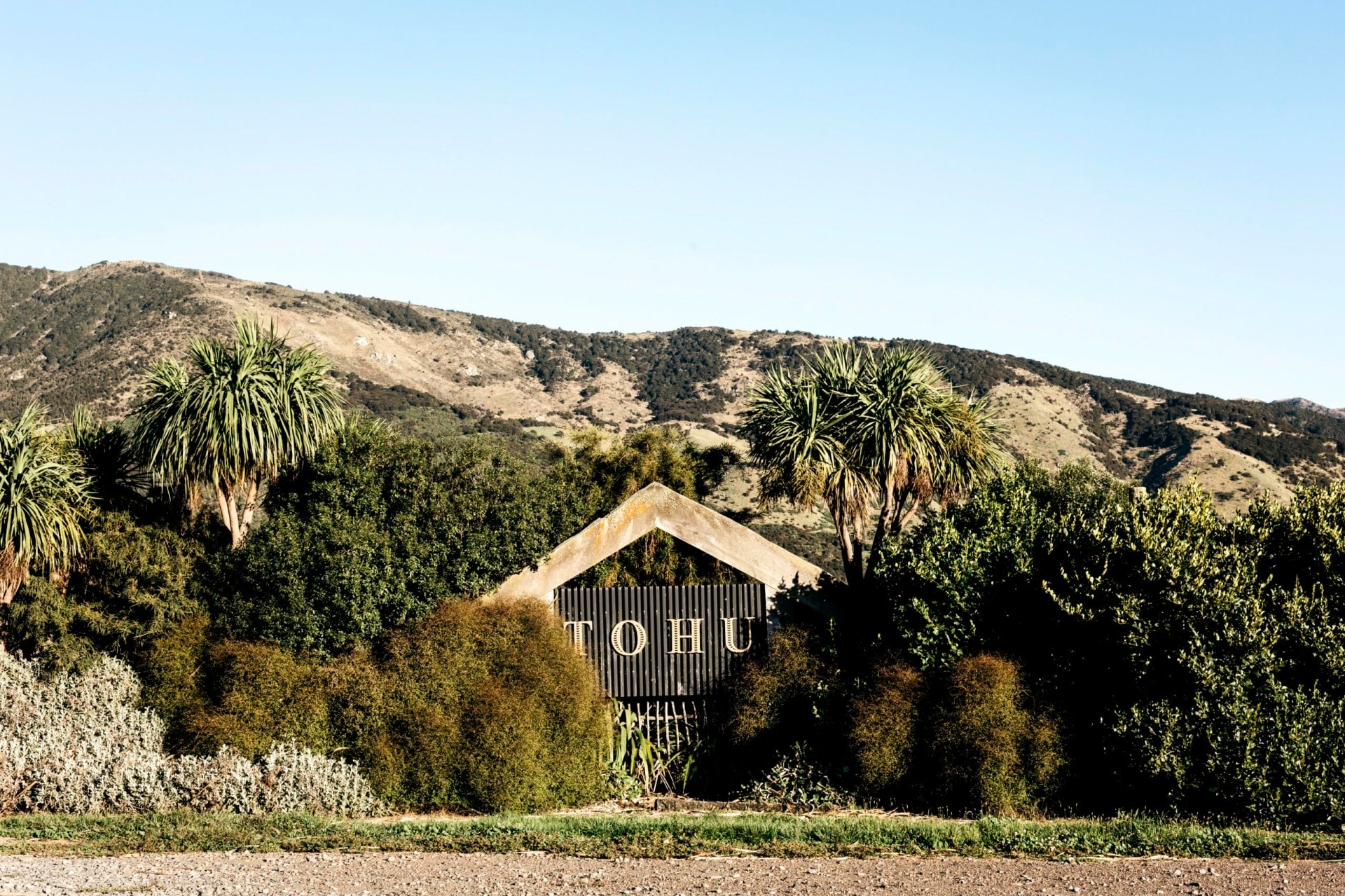
“We’ll have a huge hāngī and hākari, and together we’ll have a talk about Matariki, about what’s gone before, and we’ll have a period of reflection. It’s about showing what’s most important to us, which is our people. We love them and appreciate them.”
Rachel is a passionate advocate for Māori in business, and she spends a lot of time mentoring and encouraging others at the start of their careers. She urges young women to be “unapologetically ambitious” about what they want in life, noting that New Zealanders have a funny relationship with the concept of ambition.
“People understand a certain level of ambition – one that relates to their own – and are challenged when others go above and beyond. But if people are particularly good at what they do, ambition almost knows no bounds. It should be encouraged, not dampened,” she says.
Rachel is also emphatic about the concept of “invincible optimism” and talks to her daughter Lilly often about the idea of deliberately setting your attitude at the start of each day.
“The first decision you make when you wake up in the morning is how you’re going to greet that day. Before your feet hit the floor, you can decide how you are going to show up. For me, my preference is to be invincibly optimistic because if that’s your starting point, it’s a pretty good place from which to get rolling.”
Yet, Rachel is quick to note her privilege. “I am very aware that many, many women are not in a position to do this and I would never be so glib to suggest they could or should. There is a gobsmacking number of Māori women who don’t have the ability to make the same decisions I do, to say, ‘Let’s all be shiny and sparkly as we leap into our day,’ because that’s certainly not the reality for many. It’s my reality, I have a choice, but I am acutely aware of my privileged existence, and that’s something that motivates me deeply.”
She’s determined to work out how to use “her privilege and influence” for good, and to benefit those who don’t have it.
“I think quite often about our Māori economy, which is worth $50-60 billion and absolutely at the top of its game, but you look at any kind of statistic – incarceration, ill health, poverty, domestic violence, under-education – and Māori are hugely overrepresented. What’s the point of having a $50-60 billion economy when that’s the reality? It’s not our role in isolation to fix that, but I think a lot about how we turn our minds to it. That certainly motivates my thinking.”
At Kono, they’re making inroads with a whānau approach to everything they do. There’s a dedicated scheme to encourage whānau into employment, and cultural programmes for children as young as seven.
Unsurprisingly, Rachel has become a sought-after board member, but she is acutely aware that sometimes approaches are made for “box-ticking purposes”. She understands her ethnicity helps a company’s diversity profile, but there has to be more to it than that, she says. “I actively resist and reject the box-ticking exercise… those requests are made from time to time but you can spot them fairly easily. You need to know you’re there for the right reasons and have the right impact.
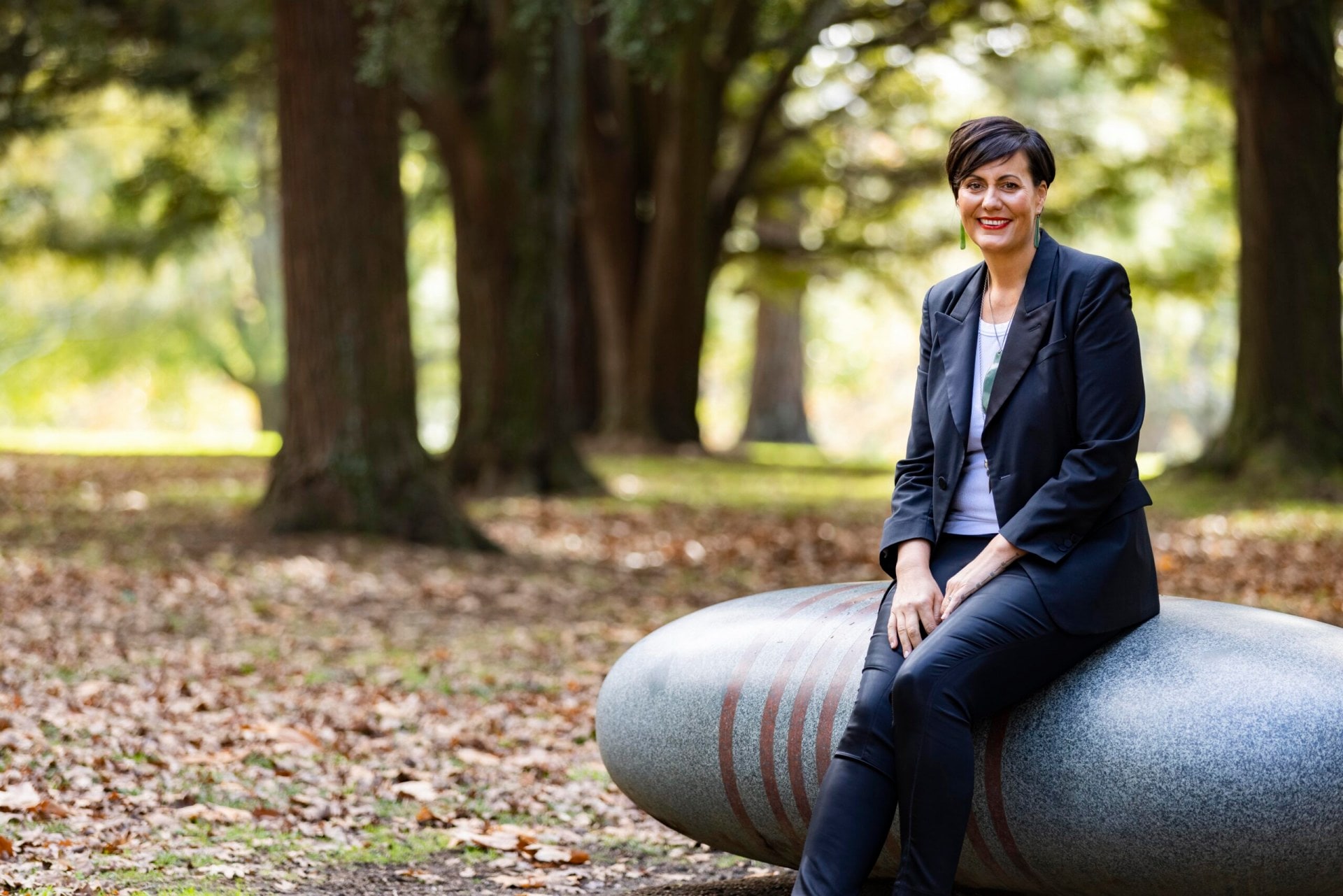
“I have the commercial acumen, certainly, but I do bring a different lived experience and that is a good thing. I bring diversity of thought and experience.”
She adds that the best companies in the world have the most diverse boards, “so it’s something every business should be aspiring to”.
Rachel is determined to keep showing up though, and sharing what she calls “the magic” of Kono. Spreading positive Māori success stories is vital. It’s that unicorn theory again – if you stand out, turn it to your advantage, she says. “If we’re visible and available, it makes it infinitely easier for young wāhine, and young Māori tāne, to identify themselves in future positions of leadership.
“Demonstrating Māori excellence has a halo effect,” she says. “I feel really positive about our ability to do that.”
While Rachel lives and breathes te ao Māori in her workplace, she says her own language journey is a work in progress. She’s been learning for many years, both through talking with friends and family, but also online courses and night classes. While her husband is fluent in Samoan, she says she’s not there yet with te reo. It has got to the point where she has realised she will need to take a year out and enrol in a full-time immersion course. “That is absolutely in my short-to-medium-term future,” she says. “It will happen, it’s just a matter of working out how and when. I look at people like Kasey and Kārena Bird and the reo journey they’ve been on and it’s incredibly inspiring.”
In order to give her daughter the best start in her own reo journey, when Lilly was in Year 6 at school, she pulled her out of the school’s obligatory French lessons and found a te reo tutor instead.
“I don’t want to diss French, it’s a pleasant enough language,” she laughs, “but, yeah, I felt te reo was more relevant.”
Rachel was then elected on to the school board and managed to convince the powers that be that Māori language should be part of the school’s offerings. There is now a dedicated te reo teacher, an active cultural club, and a kapa haka group.
It seems Rachel is that sort of person, able to affect change in a positive and constructive way.
“You can stay on the outside and throw the odd stone, or you can get inside and offer your time and experience to help people make change. It’s about supporting people to make those changes, and I take that responsibility really seriously.”

